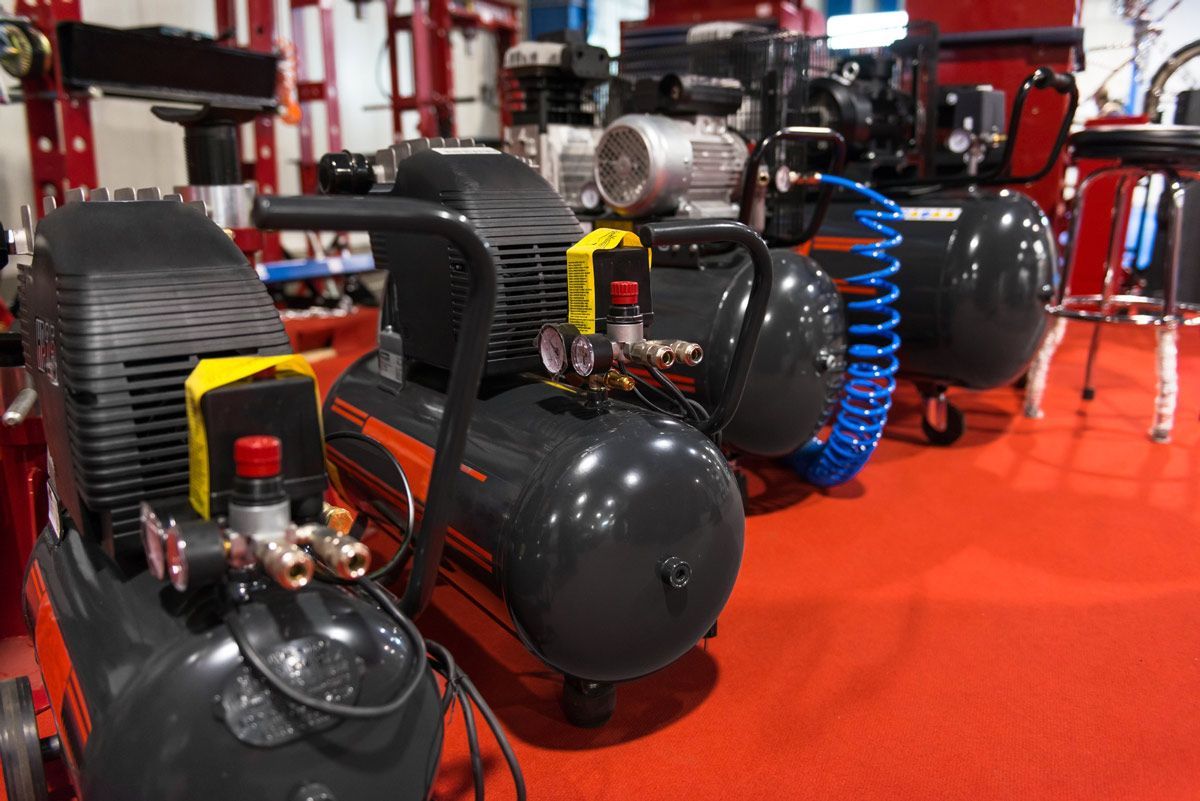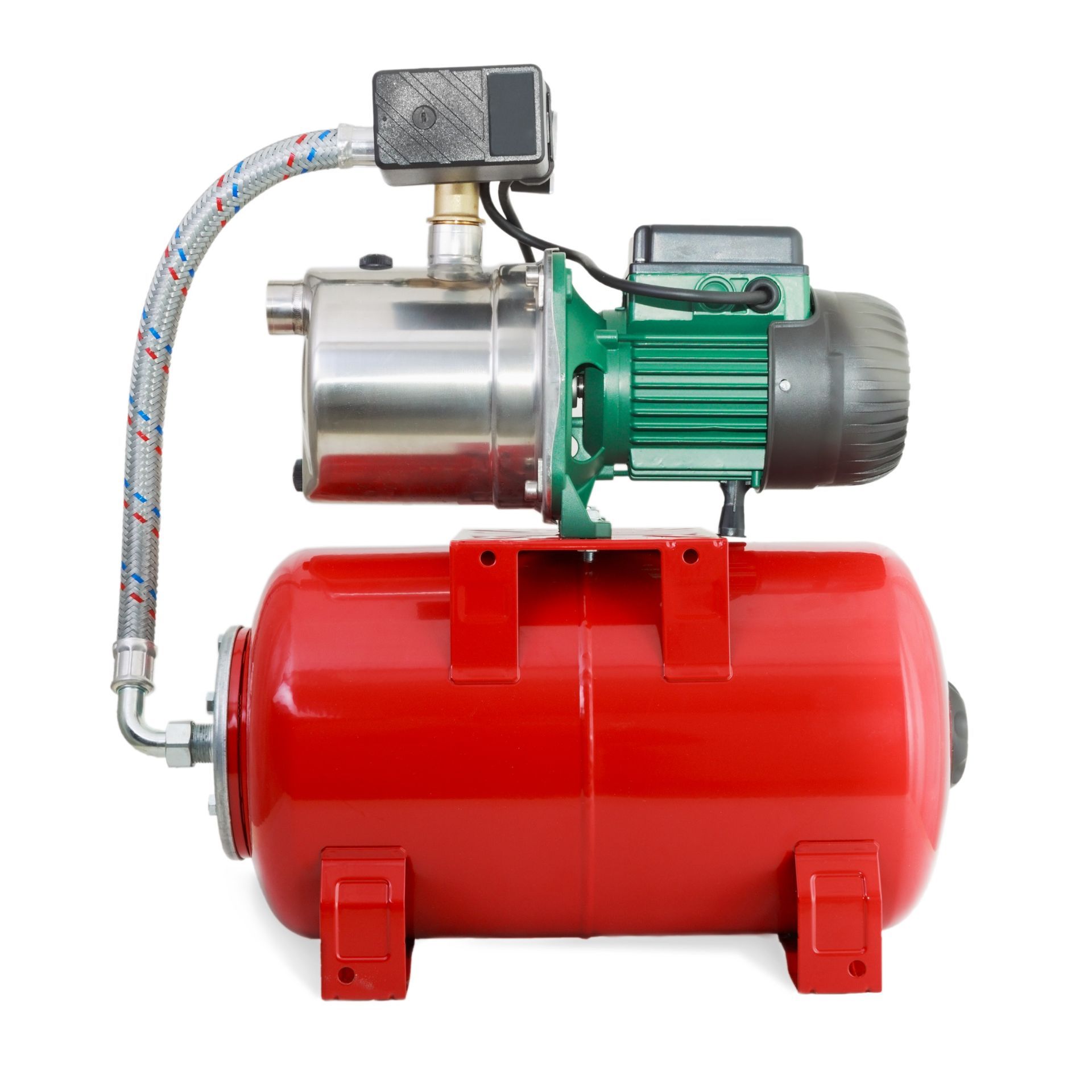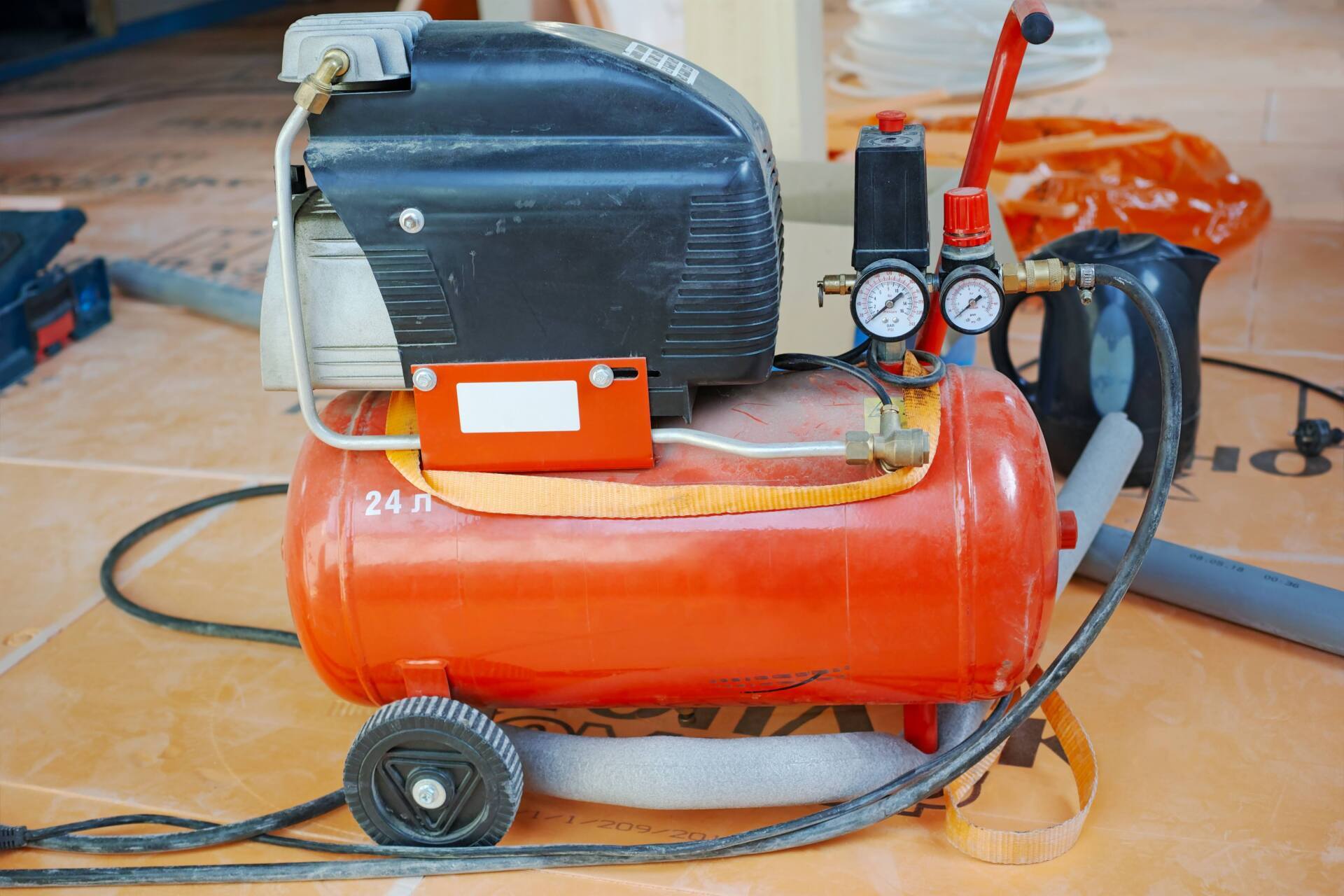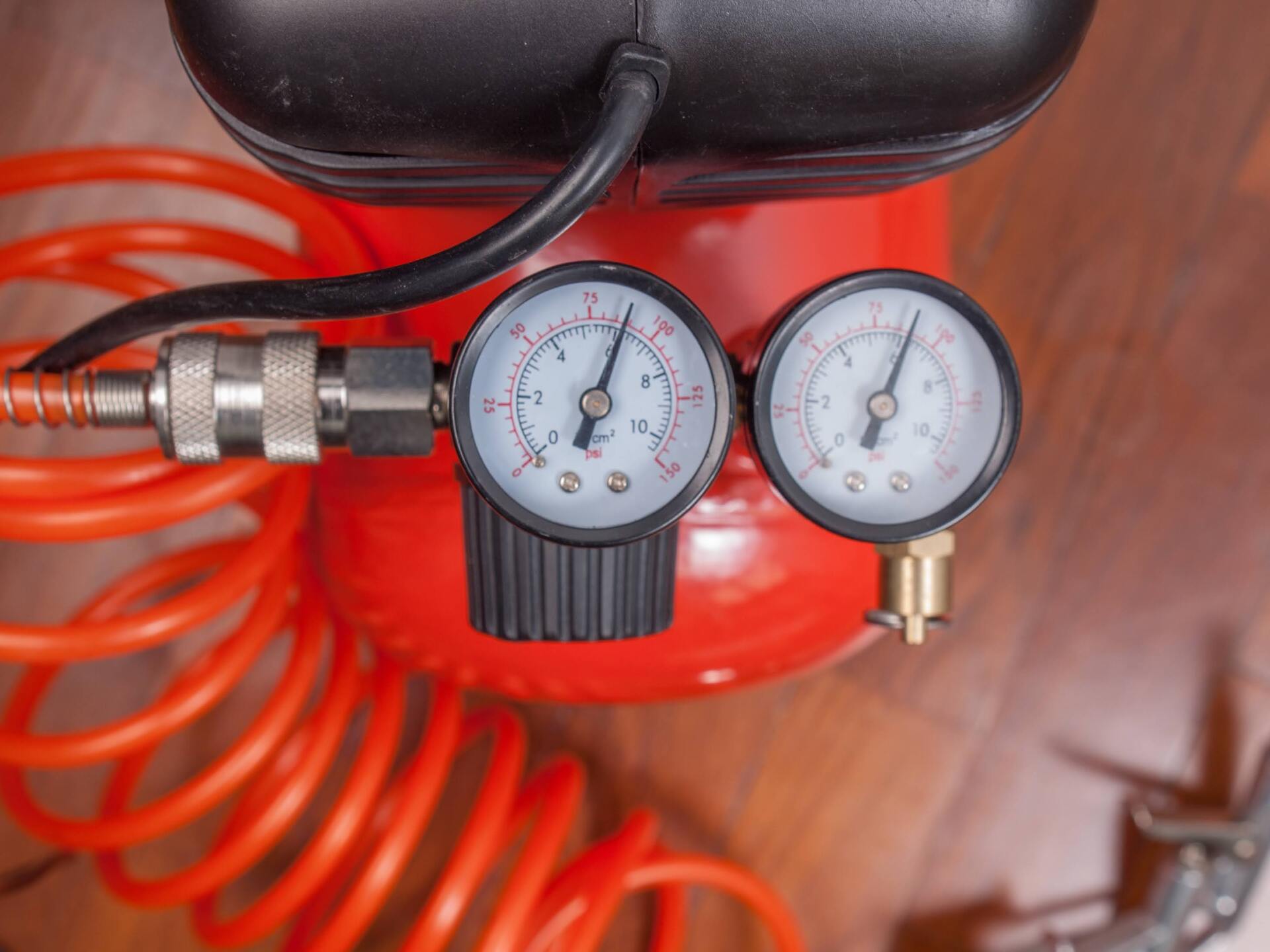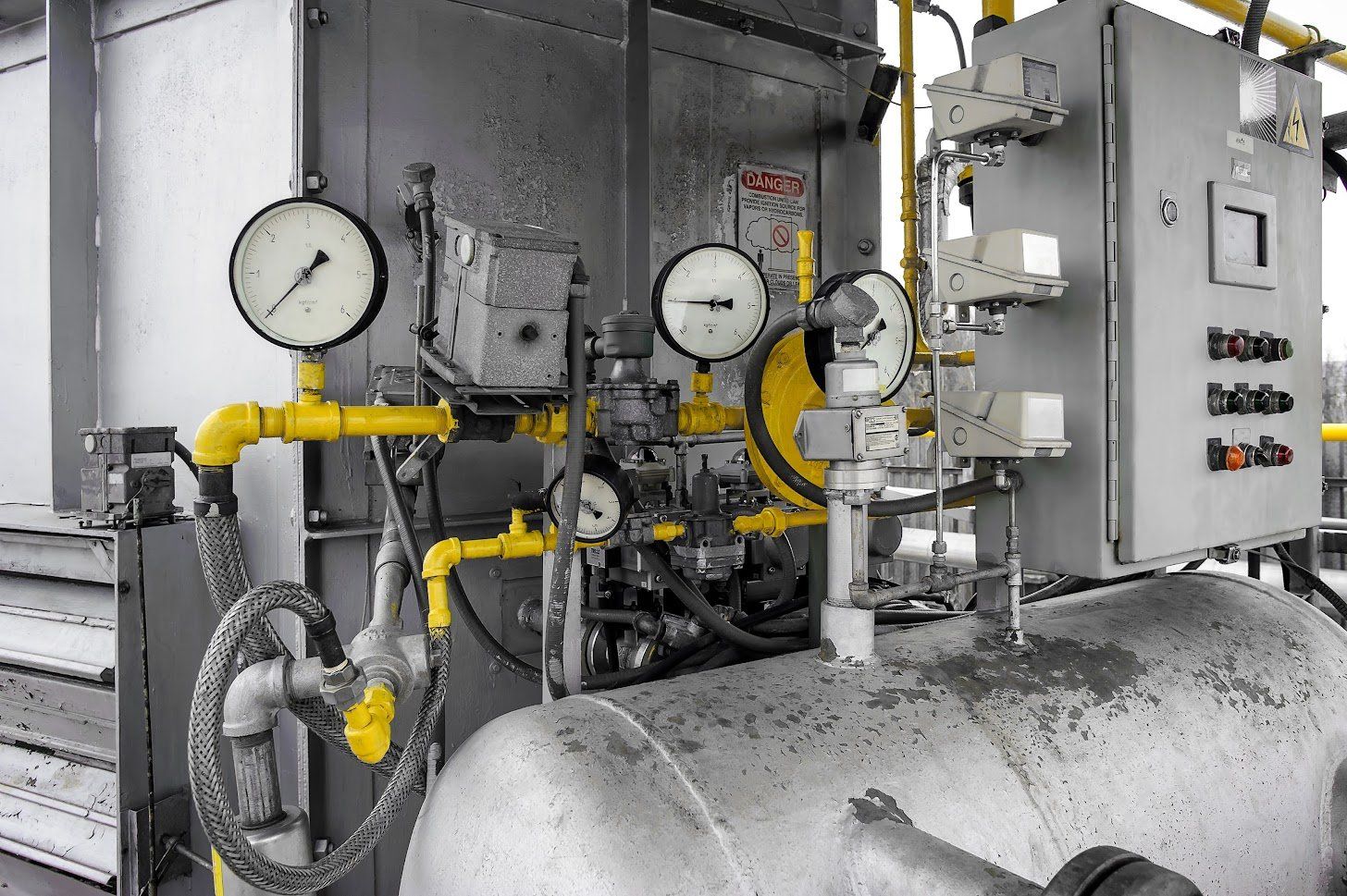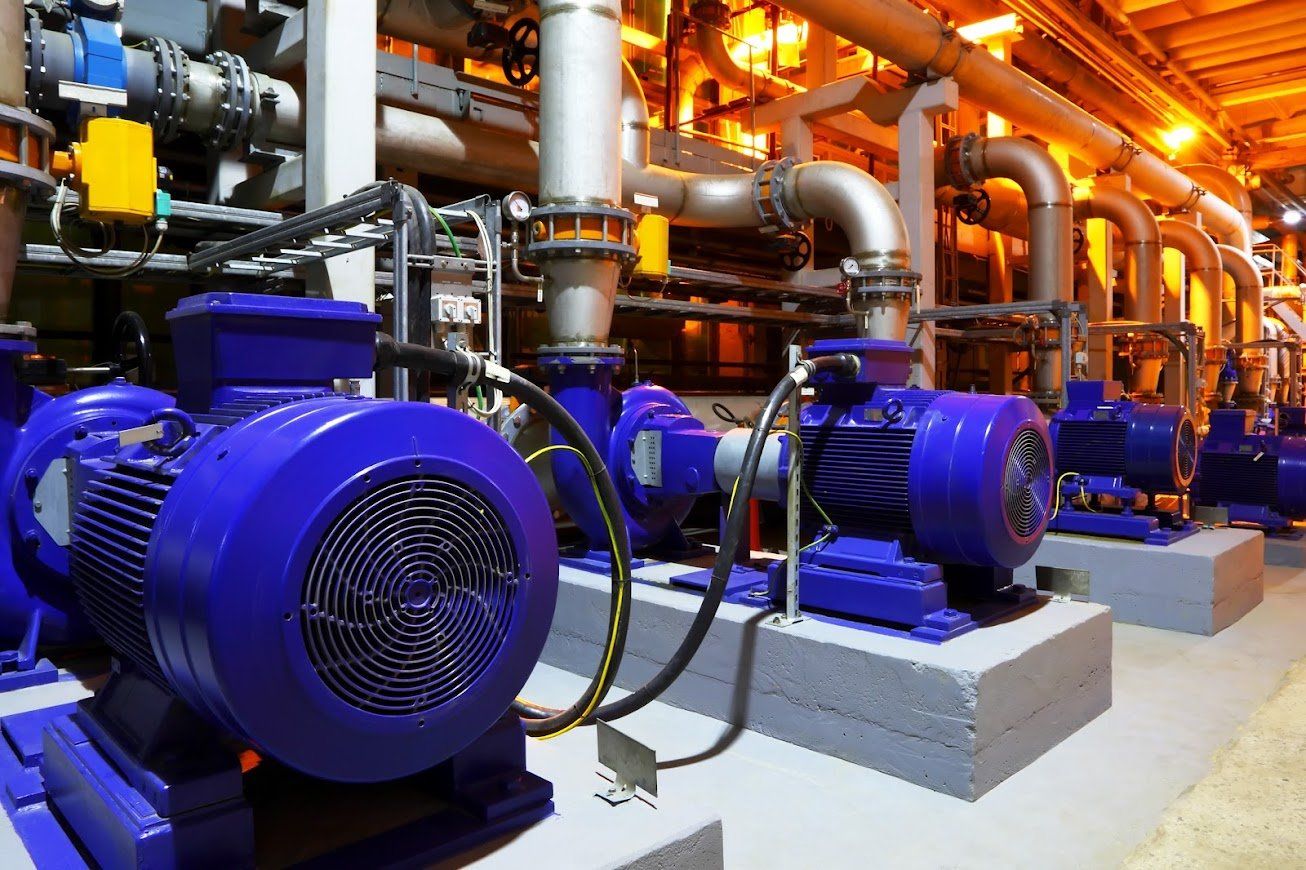Common Indications Of Air Compressor Malfunctions
Common Indications Of Air Compressor Malfunctions
- By Compressed Air Systems
- •
- 25 Apr, 2022
- •
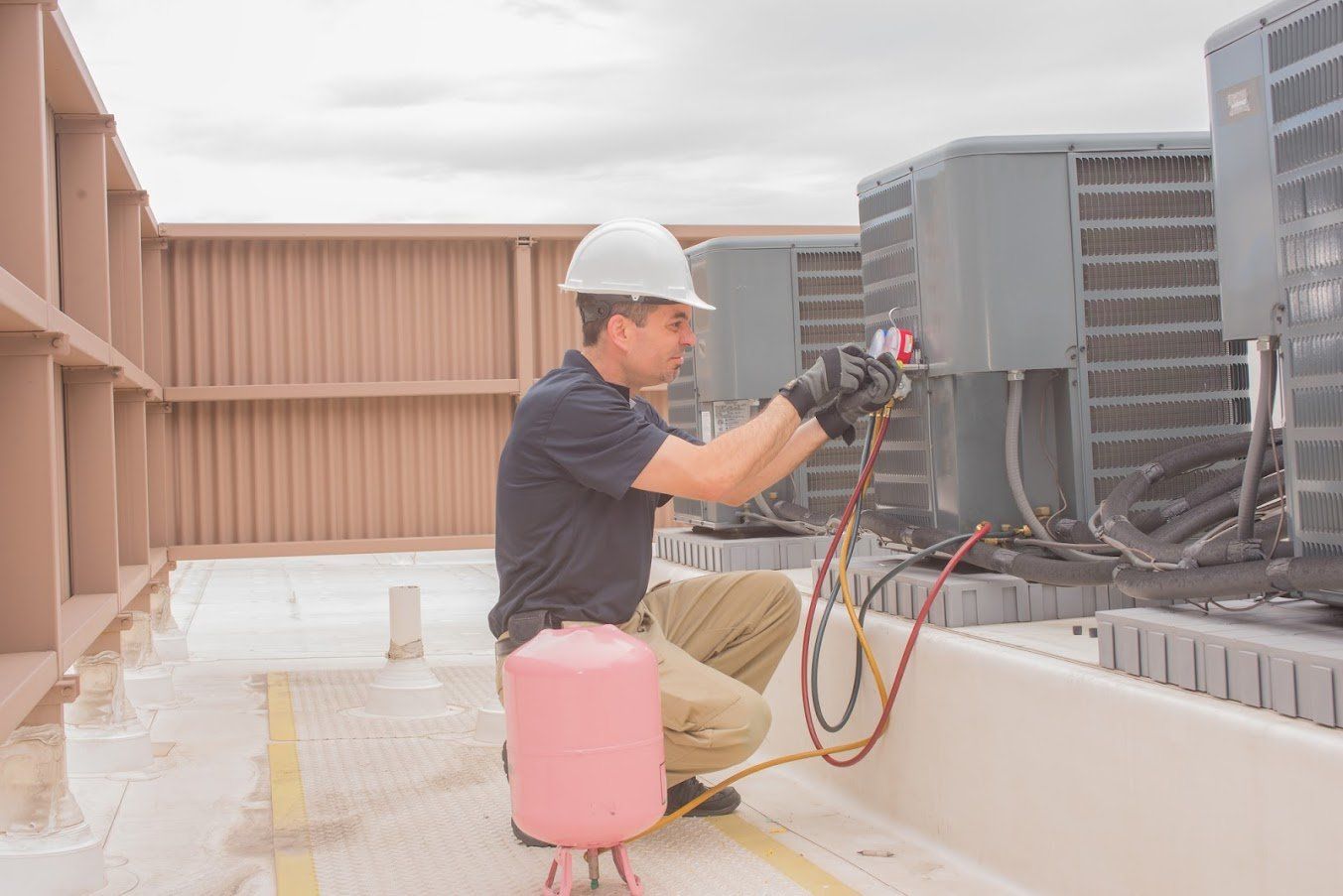
Whether you run a small or large business, an air compressor is among the crucial fixtures to have. A properly working air compressor will efficiently help you transform power into energy and can be the best equipment for purifying the circulating within your space.
But because air compressors come in various models, you want to ensure yours works at its peak performance to avoid expensive maintenances and repairs. So, before you suffer these problems, some of the common signs your compressor has issues include the following.
Constant Vibrations
While an air compressor can be noisy depending on the nature of work your business handles, constant vibrations are an indication your compressor is failing. Vibrations can result from the compressor components sliding against each other or sometimes problems with the motor. Whichever kind of vibrations you experience, they indicate internal malfunctions.
Depending on the compressor you have, vibrations can be loud and constant and can sometimes be little and heard from time to time. For example, it could be loose parts that need to be tightened and adjusted, such as the compressor belts, pulleys, etc.
On the other hand, constant compressor vibrations could be because of a malfunctioning crankcase. And if you suspect the crankcase is the cause of the problem, inspect it for insufficient oil. Insufficient oil levels can be due to damaged bearings that need immediate replacement.
Or sometimes, vibrations can result from piston malfunctions. When the compressor pistons are incorrect, they constantly stumble over the valve plate, causing noises. Lastly, compressor vibrations can result from improper mounting. For instance, if the compressor is improperly mounted, it doesn't sit securely on its mount, making it prone to moving around, thus causing unbearable noises.
Excessively Hot Emissions
Over time, even the most robust compressor will likely suffer from excessive heat emission due to problems caused by dirt, dust, and other damaging elements. When dust and other debris accumulate, filters are automatically compromised. When this happens, filters lose their ability to prevent large particles from passing through.
As a result, they don't correctly compress the air. And when air doesn't condense, it won't cool, meaning you'll experience the circulation of hot air considering it will be heated further inside the compressor and lack compression that cools it due to the malfunctions. Also, excessive hot emissions can result from poor ventilation.
There will likely be an inconsistent balance between hot and cool air if the compressor is in a poorly ventilated space. And if the current weather is scorching, you suffer excessive hot emissions. Moreover, hot emissions can be due to malfunctions with the compressor head gasket and valves, especially when worn out.
Inconsistent Pressure and Air Flow Levels
Unlike other air compressor malfunctions, inconsistent pressure and airflow levels are hard to notice. Sometimes your compressor might seem to be working correctly even amid pressure problems.
So, for a start, regularly inspect for leaks and check the oil levels and the condition of the bearings. Suppose you see insufficient oil levels; it indicates your compressor has internal problems, especially with pistons, gaskets, and pressure valves.
At the same time, inconsistent pressure levels can be due to insufficient pressurization. The same could also be due to low levels of the circulating air, mainly due to excessive moisture and precipitations that suck most of the air within the surroundings.
Also, if the compressor filters strain to work, they won't be able to filter the air, which automatically translates to airflow blockage. As a result, the airflow decreases, adversely affecting the pressure levels.
How to Promptly Solve Your Compressor Malfunctions
- Mon - Fri
- -
- Sat - Sun
- Appointment Only






Serving Whatcom, Skagit, Snohomish King, and Pierce Counties.


